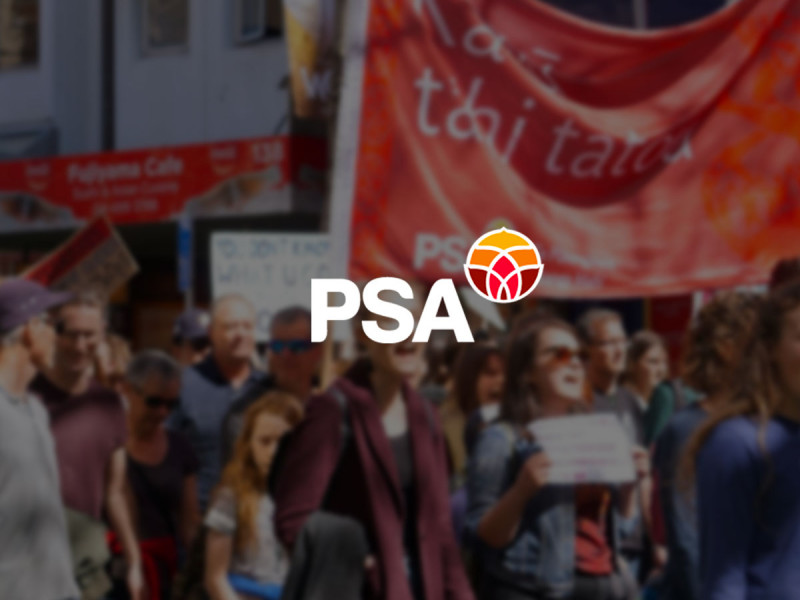At a 2018 delegate’s conference, PSA members called on their union to advocate in favour of Māori wards and lobby for the removal of racist provisions in the Act that obstruct them.
"Māori are underrepresented in local government, and this needs to change. Indigenous political representation should not be subject to a non-Māori veto," says PSA National Secretary Erin Polaczuk.
"It isn’t fair that attempts to create Māori wards face obstacles and challenges that don’t apply to general wards. The union movement is committed to ending racism and inequality, and we see this Bill as another important step toward honouring Te Tiriti o Waitangi."
"Thousands of PSA members in local government work hard to support residents and provide crucial community services. Our members want the institutions they work for to be free of racism, prejudice and exclusion."
The PSA commends Local Government Minister Nanaia Mahuta for her leadership on this issue and the progress achieved.
See also: Local govt workers’ union supports repeal of racist Māori ward legislation
2020-11-24
The Public Service Association supports Local Government Minister Nanaia Mahuta’s plans to repeal racist provisions in the Local Electoral Act that obstruct the creation of Māori wards.
The Minister’s plans acquired new significance this week when councils in Gisborne and Taupō voted to introduce Māori wards at the next local elections.
"Despite making up over sixteen percent of New Zealand’s population, only about ten percent of elected councillors are Māori," says Marcia Puru, PSA National Māori Organiser.
"This government was elected with a mandate for change, and with Māori voices almost absent in local government it’s an area where change is sorely needed."
Under the Act as currently written, five percent of local voters can demand and trigger a binding referendum if their council tries to create a Māori ward.
There is no such provision for referendums on the creation of new general wards. Only Māori voters seeking guaranteed indigenous representation must overcome such an obstacle.
Eight of the previous nine attempts to create Māori wards were voted down.
Almost nine thousand PSA members work for local authorities. Troubled by this pattern of exclusion, at a 2018 delegate’s conference they called on the union to advocate in support of Māori wards.
The PSA is committed to a process of deepening its practical commitments to Treaty partnership, with Māori delegates represented at every level of union decision making and formally organised into Te Rūnanga o Ngā Toa Āwhina.
As far-right activists begin campaigning in Northland to block planned Māori wards, the PSA argues guaranteed indigenous political representation should not be subject to a non-Māori veto.
"Māori wards make our councils more genuinely representative, and they are a small step towards honouring our Treaty commitments to bicultural partnership and power sharing," says PSA National Secretary Glenn Barclay.
"There’s a long way to go yet before Māori are seated equally at the table. We congratulate Minister Mahuta and the elected councillors of Gisborne and Taupō for helping us get a bit closer to that goal."








